List of Foods for DiabeticsDiabetes is a condition in which your blood glucose level is excessively high. Maintaining glucose levels is difficult for people with diabetes; that's why there is a lot of restriction on their food. People with diabetes must be careful about their carbohydrates and avoid fruits high in fructose. The simplest strategy to control blood sugar is changing the diet, exercising, and regularly monitoring your sugar level. Following is the description of the foods that people with diabetes should include in their regular diet. 1) Indian Blackberry (Jamun):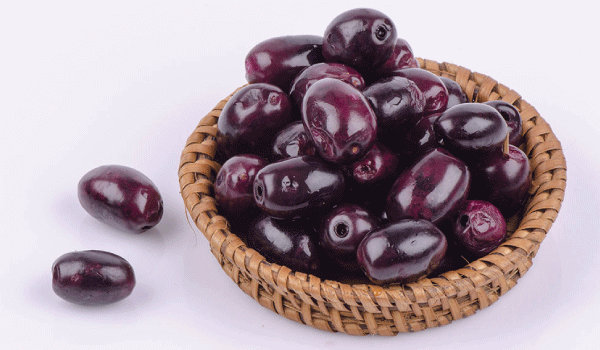
Jamun is very helpful in the treatment of diabetes, and this fruit has a sweet flavor. This fruit is acidic and astringent. Jamboline, high in alkaloids, is a key component in Jamun seeds. When eaten consistently, it lowers blood sugar levels up to 30%. Jamun is effective in treating diabetes and acts as a potent antioxidant that helps enhance immunity. It boosts insulin sensitivity and also converts starch into energy. According to Unani and Ayurvedic traditions, Jamun is advantageous for many digestive diseases. The leaves, bark, and seeds of Jamun have been clinically confirmed to have anti-diabetic qualities. When it comes to people with diabetes, adhering to rigorous dietary guidelines is critical to keep insulin level in check. Jamun is an excellent example of a seasonal fruit that can do miracles. Diabetic patients should be advised to eat 10-12 Jamun per day to maintain their blood sugar level, which also helps control insulin activity and sensitivity. 2) Blackberries: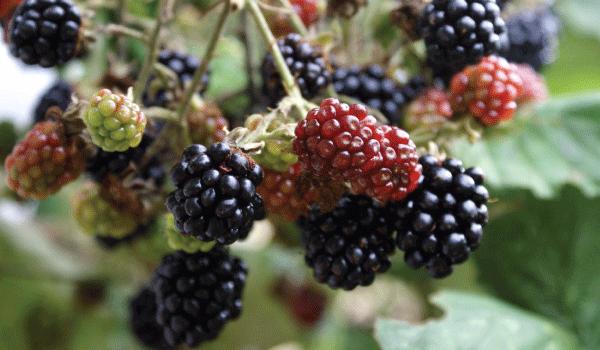
Blackberries have several health advantages. Blackberries help to control blood sugar and insulin level. They're abundant in fibre, vitamin C, vitamin k, and manganese, which may aid brain function. They protect your cells from high blood sugar, improve insulin sensitivity, and reduce blood sugar. Eating 150 g of blackberries with bread reduce insulin deficiency level by 24 % to 26% compared to eating the bread alone. Blackberries include just seven grams of sugar per cup and are also abundant in antioxidants. 3) Papaya: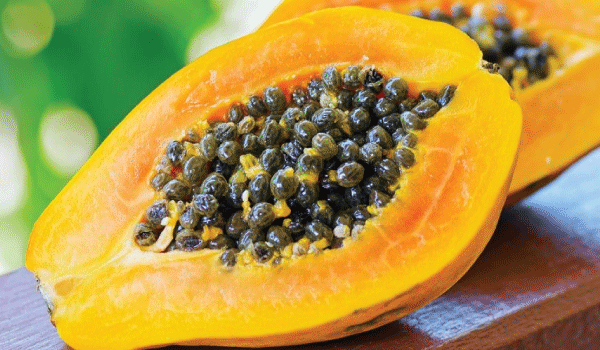
Papaya is helpful for diabetic people. Flavonoids are natural antioxidants present in this fruit that help to regulate blood sugar level. Papaya is rich in fibre, which acts as a natural laxative, and aids digestion. It also helps in constipation relief and metabolic enhancement. Papaya has a glycemic index of 60, indicating that it does not induce a quick spike in blood sugar level. 4) Strawberry: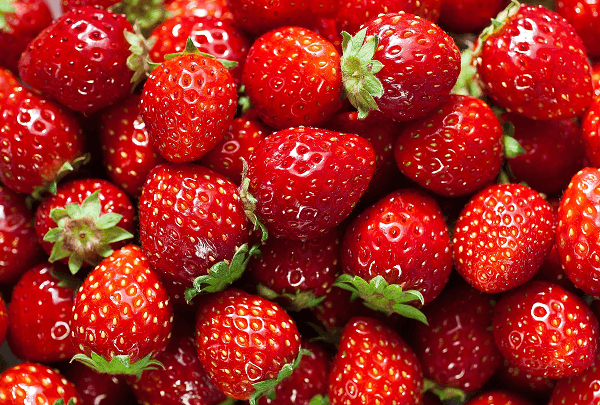
People with diabetes must be cautious about their carbs intake. Strawberries have a lot of slow-release carbohydrates, which is great for people with diabetes. Strawberries have a high quantity of fibre and water, reducing the overall sugar percentage when measured by weight. Strawberries and other berries may help to lower the body's total glucose response following a meal. For a sweet treat, eating strawberries instead of high-calorie foods will help you lose weight. 5) Tomatoes: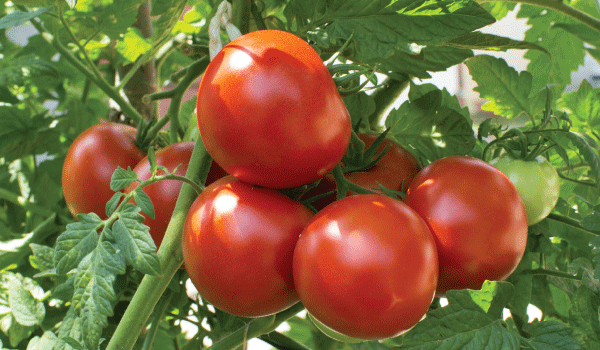
People with diabetes frequently struggle with weight issues because there is a lot of restriction on their food. Tomato is such a food that diabetic people can include in their weight loss program because it has a low glycemic index of less than 15, and it is non-starchy fruit. 6) Avocados: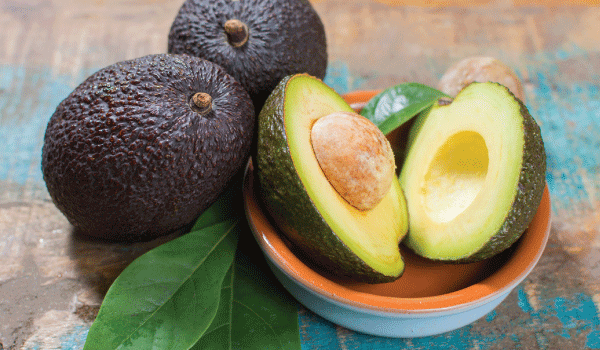
Avocados do not affect blood sugar levels, according to the researchers. Avocados are an excellent alternative for people with diabetes due to their low carbohydrate and high fibre content. Avocados are also rich in other nutrients like potassium, vitamins C, E & K, lutein, and beta-carotene. Avocados keep your blood sugar level in balance and make you feel fuller. Everyone, including people with diabetes, needs a well-balanced diet. Diabetes patients should eat foods that help them maintain their blood sugar level. A full raw avocado has just around one gram of sugar. Avocado cubes provide 12.79 grams of carbohydrates, less than 1 gram of sugar, and 10.1 grams of fibre per cup. It also contains 22 g of fat and roughly 19 g of unsaturated fat. They also help to lower blood pressure and cholesterol level. 7) Apricots: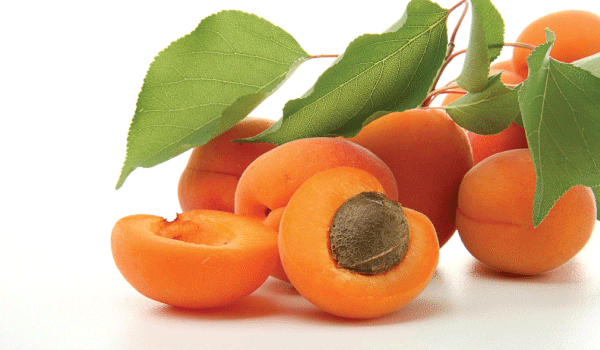
Apricots are a great complement to a diabetic diet. Apricots are abundant in antioxidants and fibre that boost your health. Four fresh apricots have 134 micrograms of vitamin A. The potassium content of dried apricots is three times of bananas. Dried apricots are high in vitamin A and contain a lot of iron. Apricots also include minerals such as potassium and salt, which help the body to maintain electrolyte and fluid balance. Apricot oil helps to increase collagen formation, which improves skin suppleness. Apricots are high in beta-carotene, lutein, and zeaxanthin. Beta carotene is an antioxidant that helps to protect the skin from UV radiation. 8) Walnuts: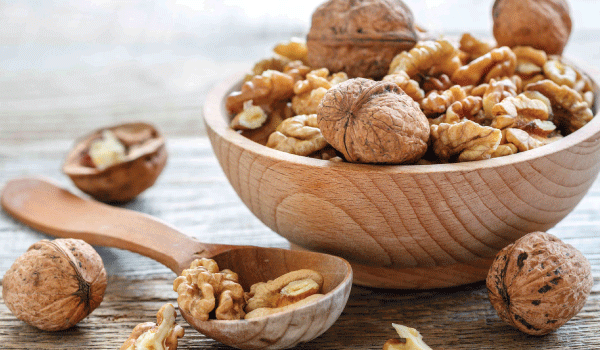
Walnuts are abundant in fatty acids, which help raise good cholesterol and lower bad cholesterol. They also include fibre, which can help lower the risk of diabetic complications by lowering blood sugar levels. Walnuts are an excellent substitute for simple carbohydrate snacks such as chips or crackers. 9) Ezekiel bread: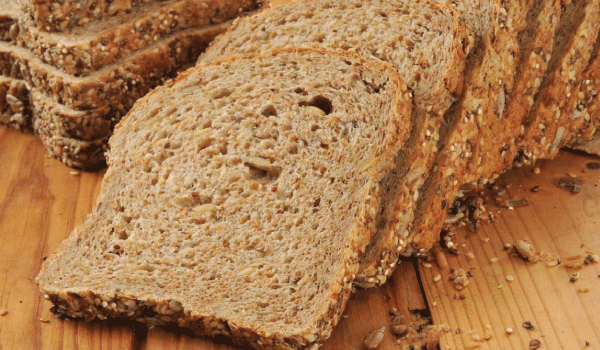
Sprouted grains enhance protein and fibre levels while lowering starch content. The whole-grain bread improves blood sugar response in males with obesity. The key to control blood sugar levels is eating foods that are high in quality carbs. Sandwich bread made with multigrain is high in carbs but low in fibre. Oats, quinoa, buckwheat, and brown rice are among the constituents of whole-grain bread. Certain bread contains low-carbohydrate ingredients like whey and soy protein powders. 10) Pumpkin seeds: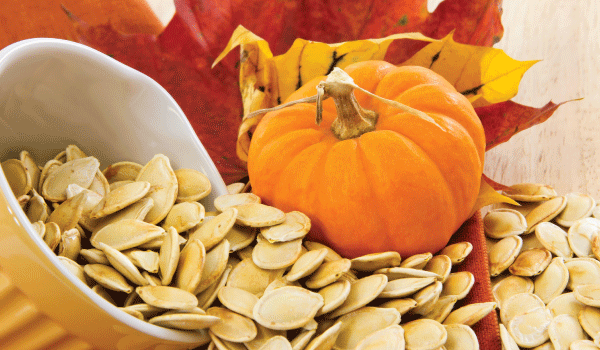
The macromolecules found in pumpkin seeds help in the management of blood sugar levels. Pumpkin seeds are abundant in magnesium, fibre, and omega-3 fatty acids, all of them are beneficial to your health. Magnesium is important for the body as the body needs it to perform about 300 functions, including the breakdown of food for energy. Insulin resistance is widespread in patients with low magnesium levels, which is one of the causes of diabetes. According to the office for dietary supplements, increasing magnesium intake by 100 milligrams per day reduces the risk of diabetes by around 15%. So the pumpkin seed is beneficial for diabetic people because it is rich in magnesium. Flax and pumpkin seed mixture also offer protection against atherosclerosis. 11) Chia seeds: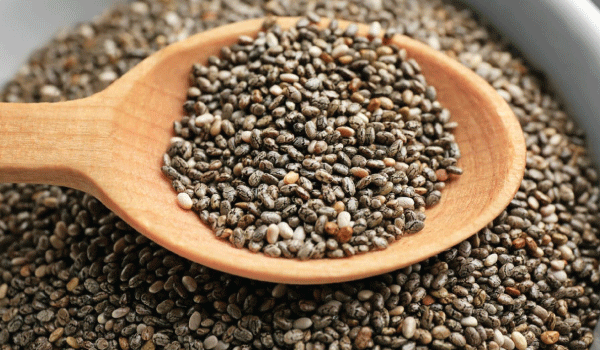
Factors, that help reduce the risk of diabetes and its consequences, are present in chia seeds such as antioxidants, omega-3 fatty acids, fibre, and magnesium. One ounce of dry chia seeds has 10 grams of fibre. Chia seeds may help individuals feel satisfied for longer by increasing HDL cholesterol. Chia seeds reduce blood sugar spikes by slowing the body's release of glucose. They are rich in polyunsaturated fatty acids like omega-3 and omega-6. 12) Ginger: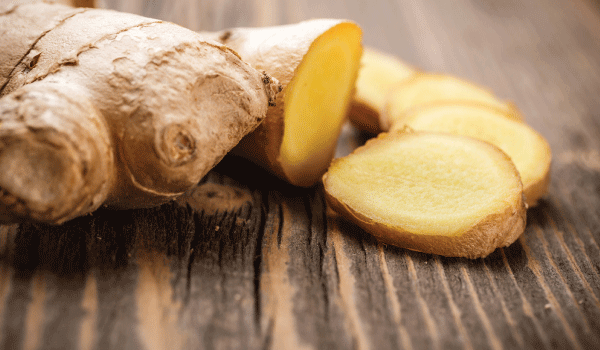
Ginger is known for its anti-inflammatory, antibacterial, and antiviral properties. Antioxidants are also abundant in ginger. Ginger extract has been helpful in cardiovascular disease therapy, and it is also good for diabetic people. Taking 2 g of raw or hot ginger daily reduces exercise-induced muscle soreness by 25 %. 13) Cinnamon: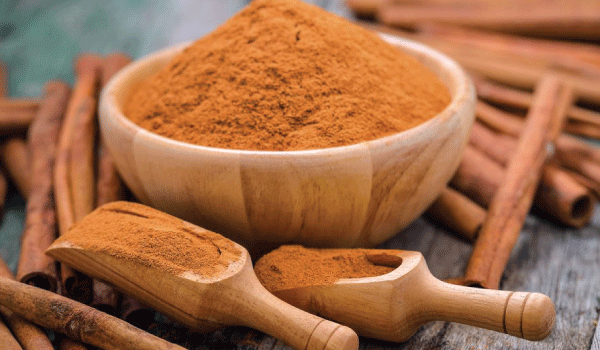
Cinnamon is a healthy and delicious way to replace sugar in your diet. Cinnamon helps people with diabetes to maintain their blood sugar levels. It's a healthy substitute for sugar, salt, and other flavorings that can be detrimental. Cinnamon is safe to use with many other medications and herbal therapies, but it should be used with caution. 14) Spinach: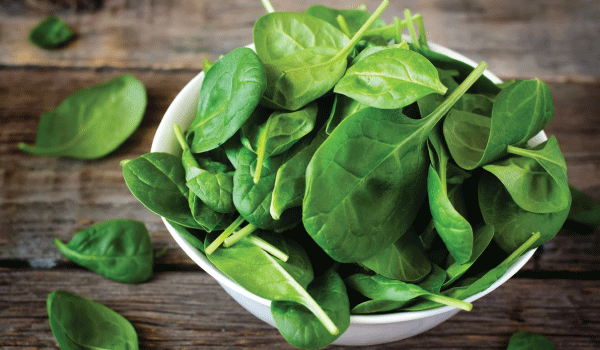
Spinach is a versatile vegetable that may be prepared or eaten raw. In diabetic individuals, it has been demonstrated to reduce glucose levels, promote insulin sensitivity, and avoid oxidative stress-induced changes. Spinach is rich in fibre and water, both of that assist in avoiding constipation and maintaining a healthy digestive tract. A cup of raw spinach provides 167 mg of potassium, a variety of vitamins, and minerals. Dark, and green leaves of spinach are beneficial to the skin, hair, and bones as they provide low-calorie containers, and are rich in protein, iron, vitamins, and minerals. Alpha-lipoic acid is an antioxidant found in spinach. Spinach is also rich in vitamin C, which is necessary for collagen formation & maintenance. 15) Greek Yogurt: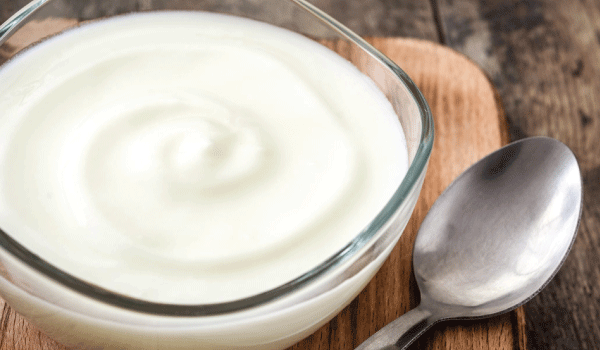
Greek yogurt with no added sugar has up to double the protein and half the carbs of conventional yogurt. Consuming Greek yogurt in the breakfast may help you manage your blood sugar level throughout the day. People with diabetes should be careful about the carbohydrates they intake. They should check nutrition labels to ensure the amount of carbohydrate present in yogurt. 16) Fatty fish: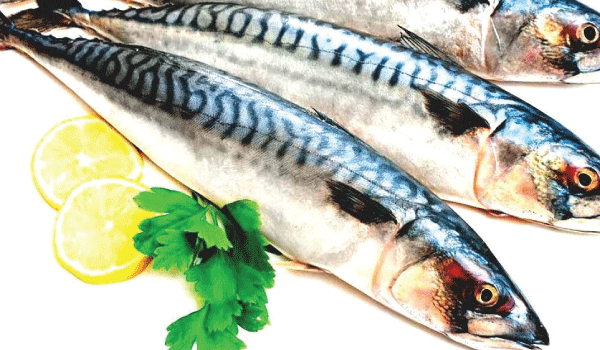
Fatty fish consumption does not raise the incidence of diabetes. Diabetes patients, who have a higher risk of heart disease and stroke, should consume fatty fish regularly. The omega-3 fatty acids DHA and EPA are abundant in salmon, sardines, herring, anchovies, and mackerel, which have considerable heart-health benefits. 17) Garlic: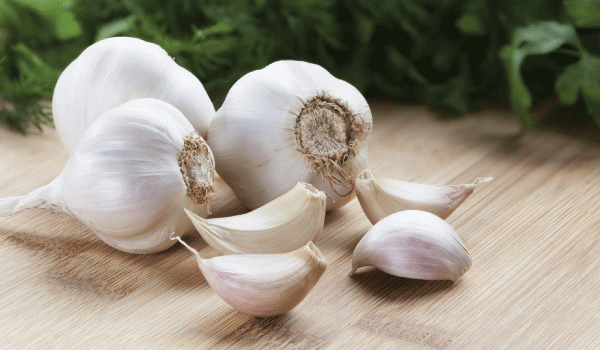
Garlic has antibacterial and antifungal capabilities in spades. It contains important minerals such as phosphorus, calcium, potassium, iron, and copper. Garlic helps to decrease inflammation, which lowers the risk of diabetes. Garlic is good for the heart as it lowers cholesterol level and blood pressure. Garlic also reduces LDL (means bad cholesterol), and raises HDL (means good cholesterol levels). It is included in curries, soups, infusions, sauces, pickles, and garnishes. 18) Eggs: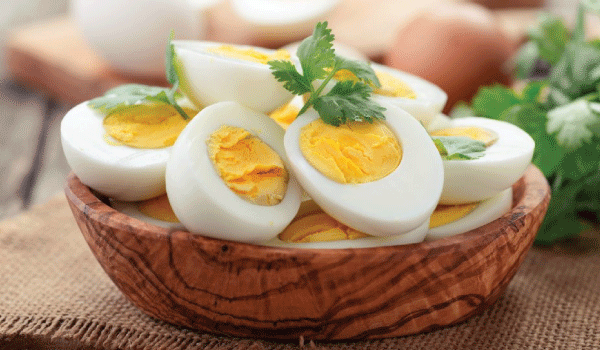
Eggs are one of nature's most nutrient-dense foods, including various diets and lifestyles. Eggs are healthy food for people with diabetes. Eggs are a great source of protein for people with diabetes, but excessive consumption may raise cholesterol levels. Each big egg has around half a gram of carbohydrates. Vitamin D, riboflavin, B12, iodine, selenium, and other vital vitamins, and minerals are naturally abundant in eggs. A hard-boiled egg is a high-protein snack if you have diabetes. Protein not only slows down digestion but also slows glucose absorption. Protein will keep you full while not affecting your blood sugar level.
Next TopicList Of Saree Names
|
 For Videos Join Our Youtube Channel: Join Now
For Videos Join Our Youtube Channel: Join Now
Feedback
- Send your Feedback to [email protected]
Help Others, Please Share










